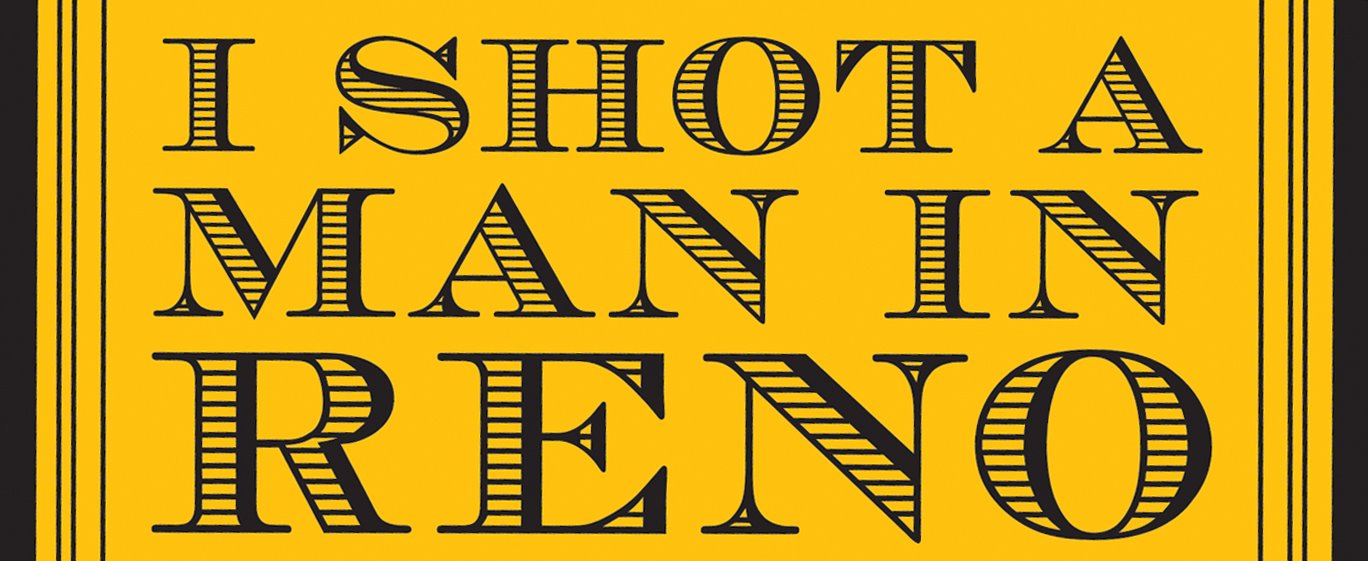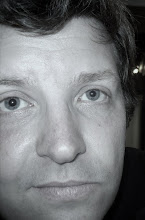
This is an edited extract from Gangsta Gangsta, a chapter in I Shot a Man in Reno.
“Since Scott La Rock was murdered in 1987, the list of rappers who have subsequently died violent deaths is a depressingly long one, and includes: Paul C, Charizma, Randy ‘Stretch’ Walker, Tupac Shakur, Yaki Kadafi, Biggie Smalls, Fat Pat, Freaky Tah, Big L, E-Moneybags, DJ Uncle Al, Jam Master Jay, Camouflage, Half-A-Mill, Soulja Slim, Mac Dre, Bugz, Blade Icewood, Proof, Big Hawk and Stack Bundles.
That’s before you factor in the numerous 'foot-soldiers', hangers-on and bodyguards who have also been gunned down - such as Israel Ramirez, who lost his life in 2006 while working as security for Busta Rhymes. It’s a shocking roll call, all the more so when you consider that only a fraction of those murders have ever resulted in convictions. Only black metal, that dark, Satanic Scandinavian sub-genre of heavy metal whose participants list church-burning, blood-drinking and animal cruelty amongst their hobbies, makes such an explicit link between the life portrayed in the songs and the violent and very occasionally murderous activities played out in the real world.
But no form of music has ever taken its association with murder and carried it quite so explicitly into the heartlands of teen pop, which is where rap now lives. The connection many rappers and their labels cultivate with organised criminal gangs, corrupt policemen, drug racketeers and a host of generic low-level thugs is no invention. The bleak reality is that true-life murder does rap’s profile no harm at all.
As its death wish grew more explicit in the early-to-mid-nineties gangsta rap became, commercially speaking, the only show in town. With Dr Dre’s G-funk masterpiece The Chronic and Snoop Dogg’s Doggystyle, the cult of gangsterism slowed its beats down and crossed over in an astonishingly pervasive way, infiltrating movies, literature, fashion and television. As it became an overtly commercial commodity and found a happy hunting ground within millions of white suburban middle class homes, it had more and more to live up – or perhaps down - to.
Posthumously, Tupac became the most deified and biggest-selling rap artist of all time, shifting at least thirty million albums compared to the ten million he sold while alive. He has also rather cleverly managed to release twice as many albums dead as the five he made while above ground, and has even posthumously published a book of poetry. Perhaps, like Elvis, he will one day start touring again. Biggie Smalls’s Life After Death album, meanwhile, was released 15 days after his murder and has sold over ten million copies.
In such a boldly commercial fashion does death rub out the distance between art and reality. It becomes the ultimate subject matter and the ultimate career move, too. Everyone wins: it’s the final piece of the marketing jigsaw for the record company; and it’s the final, essential step in the great lunge at mythologised immortality for the artist. The mortality of a gangsta rapper is now open to perpetual speculation in the same manner as the self-destructive rock stars of the late sixties and early seventies. It’s no coincidence that this decade’s most commercially successful gangsta rapper, 50 Cent, called his debut album Get Rich Or Die Tryin’ and consistently plays upon the fact that is a former crack dealer who was shot nine times in 2000. The ever-present implication of imminent death is a significant part of his appeal.
Murder re-enforces the legitimacy and strength of gangsta rap’s connection with the more violent, some might say glamorous parts of society. The bottom line, as Tupac’s sales figures showed, was that gangsterism sold. And sold and sold. Part of the problem with this is the fact that it presents no great imperative for rap to widen its horizons. Quite the opposite, in fact. The vibrant counter-currents of the Daisy Age movement pioneered by De La Soul; the politically correct, jazz-influenced progressive hip hop of Arrested Development, Disposable Heroes of Hiphoprisy, A Tribe Called Quest and Common, amongst others; and the current crop of ‘conscious’ rappers like Mos Def and Lupe Fiasco have, according to hip hop author Stephen Rodrick, “drawn little more than barely concealed yawns from other rappers and urban audiences”.
Rap badly needs a new song to sing, but like the drunk who fears that sobriety will make him boring, the millionaire rapper seeks an association with danger as a spur not just to creativity but to maintaining status. Writing, speaking and maintaining eye contact with death is still widely regarded as somehow hipper than tackling less abrasive, more moderate subjects. It's all about status. As long as an association with death bestows a kind of honour, this will continue.”
copyright, Graeme Thomson, 2008.
 "From the moment the roadies began assembling Dave Grohl’s drum-kit in a manner that resembled the construction of the Queen Mary on Clydeside, it was clear that power was going to be the watchword of last night’s Edinburgh appearance by Them Crooked Vultures, the supergroup that’s threatening to give the term a good name."
"From the moment the roadies began assembling Dave Grohl’s drum-kit in a manner that resembled the construction of the Queen Mary on Clydeside, it was clear that power was going to be the watchword of last night’s Edinburgh appearance by Them Crooked Vultures, the supergroup that’s threatening to give the term a good name."










































